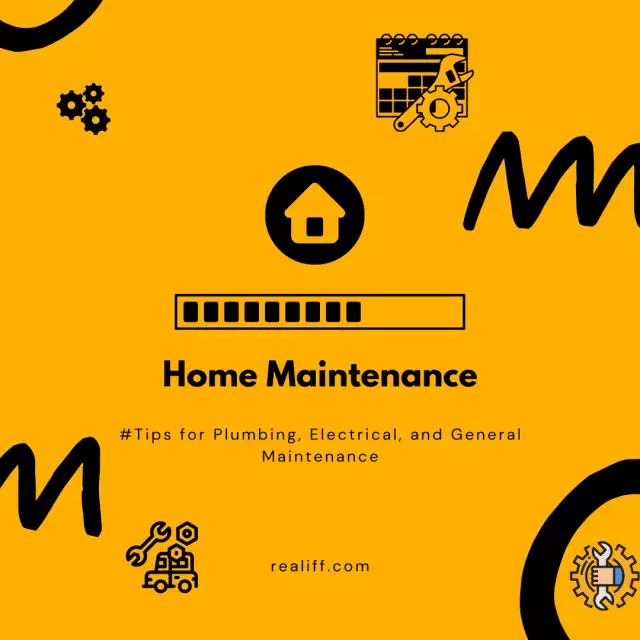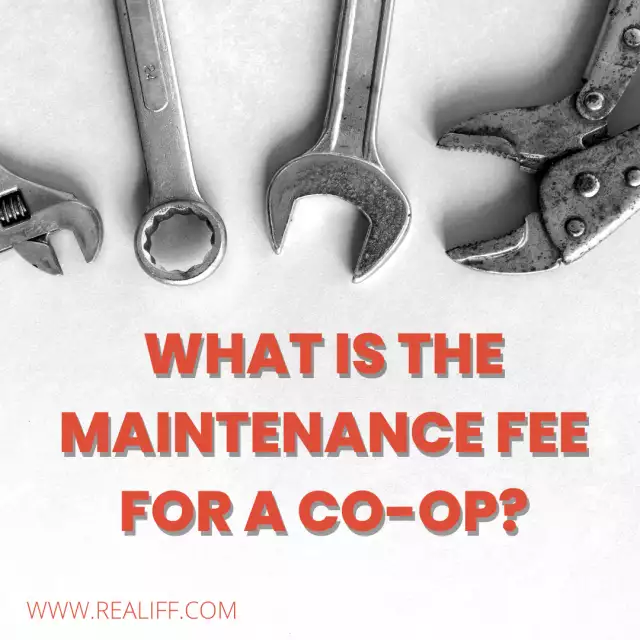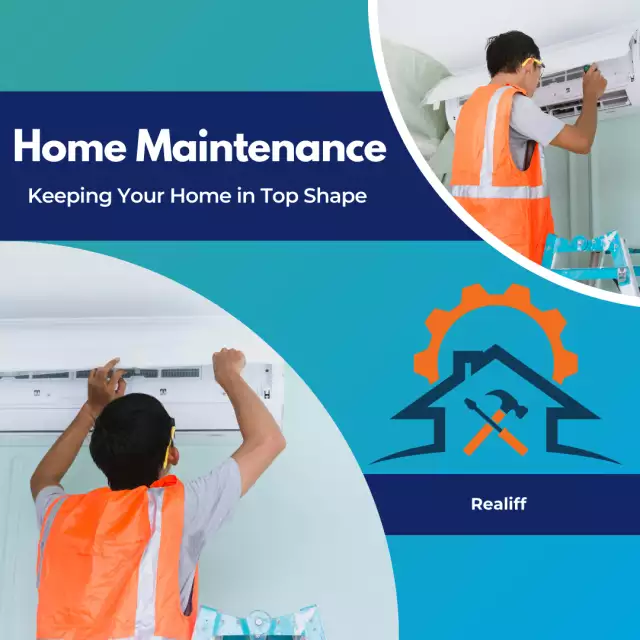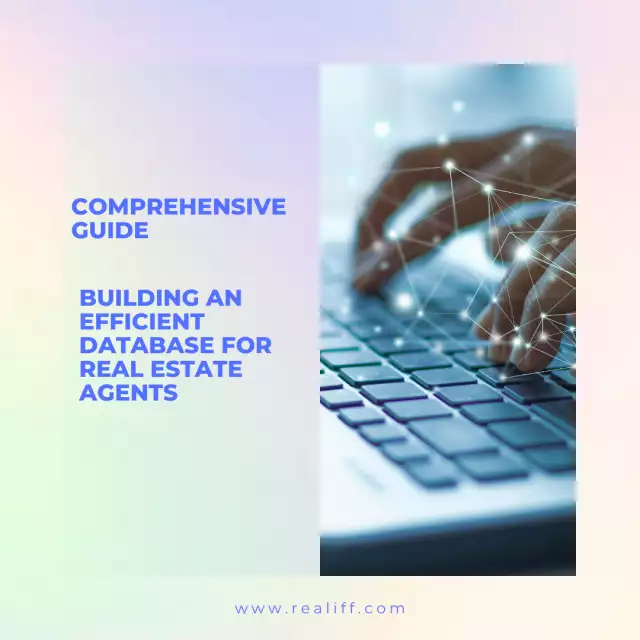Home Maintenance: Tips for Plumbing, Electrical, and General Maintenance
Home Maintenance: Tips for Plumbing, Electrical, and General Maintenance
Maintaining a home is an ongoing task that requires time, effort, and some basic skills. From repairing drywall to cleaning gutters, many tasks need to be performed regularly to keep your home in good condition. In this guide, we'll explore some of the most important home maintenance tips that every homeowner should know.
By following these tips, you can not only save money on expensive repairsbut also prolong the life of your home's components and systems. Even if you're not particularly handy, you can still perform some of these tasks with a little bit of guidance and practice. And for more complex tasks or if you're not comfortable doing something yourself, it's always best to call a professional.
| Category | Tips |
| Plumbing Tips | - Check for leaks regularly- Don't flush anything other than toilet paper- Use a drain strainer- Keep grease and oil out of your drains- Monitor your water pressure- Insulate pipes in cold weather- Maintain your water heater |
| Electrical Tips | - Check electrical cords- Don't overload outlets- Test your GFCIs- Replace old or damaged electrical outlets and switches- Use surge protectors- Have your electrical system inspected by a professional- Keep electrical devices away from water |
| General Maintenance | - Clean gutters and downspouts- Inspect your roof- Change air filters- Check smoke detectors- Seal windows and doors- Maintain your lawn and landscaping |
So, let's dive into some of the most important home maintenance tasks you should be doing to keep your home in great shape.
Plumbing Tips
Plumbing issues can be one of the most frustrating and costly problems a homeowner can face. However, with proper maintenance and a few basic plumbing tips, you can avoid many common issues and keep your plumbing system in good working order. Here are some plumbing tips that can help you maintain your plumbing system and avoid potential problems:
Check for leaks regularly:Even small leaks can cause significant damage over time, so it's essential to check for leaks regularly. Inspect all visible pipes and fittings for signs of leaks, such as water stains, mold, or musty odors. If you notice any leaks, address them promptly to avoid more extensive damage.
Don't flush anything other than toilet paper:Flushing items such as wipes, feminine hygiene products, or paper towels can cause clogs and damage to your plumbing system. Stick to flushing only toilet paper to avoid potential problems.
Use a drain strainer:To prevent clogs, use a drain strainer in sinks and showers to catch hair, soap residue, and other debris that can cause blockages.
Keep grease and oil out of your drains:Pouring grease, oil, or other fats down your drains can cause clogs and damage to your plumbing system. Instead, dispose of these items in the trash.
Monitor your water pressure:High water pressure can cause damage to your plumbing system over time. Install a pressure regulator to keep your water pressure within a safe range.
Insulate pipes in cold weather:In colder climates, pipes can freeze and burst if they are not properly insulated. Insulate pipes in unheated areas, such as crawl spaces or garages, to prevent damage.
Maintain your water heater:Regularly drain your water heater to remove sediment buildup and extend its lifespan. Check the temperature setting to ensure it's not set too high, which can be a safety hazard.
By following these plumbing tips, you can maintain your plumbing system and avoid potential problems. Remember, if you encounter a plumbing issue that you're not comfortable addressing, it's best to call a professional plumber to ensure the issue is resolved correctly.
Electrical Tips
Electrical issues can be dangerous and costly, but there are some simple steps you can take to maintain your electrical system and avoid potential problems. Here are some electrical tips that can help you keep your home safe and avoid electrical hazards:
Check electrical cords:Inspect all electrical cords for signs of wear or damage, such as frayed wires or cracked insulation. Replace any damaged cords promptly to avoid potential electrical shock or fire hazards.
Don't overload outlets:Avoid plugging too many appliances or devices into one outlet, which can cause electrical overload and potentially start a fire. Use power strips with built-in circuit breakers to prevent overloading.
Test your GFCIs:Ground Fault Circuit Interrupters (GFCIs) are safety devices that protect against electrical shock. Test your GFCIs regularly by pressing the test button and resetting them to ensure they're working correctly.
Replace old or damaged electrical outlets and switches:If you have outdated or damaged electrical outlets and switches, they can be a safety hazard. Replace them with modern, code-compliant devices to ensure safety.
Use surge protectors:Power surges can damage electrical devices and appliances. Use surge protectors to protect your electronics and appliances from potential damage.
Have your electrical system inspected by a professional:If you're unsure about the safety of your electrical system or if you're experiencing electrical problems, it's best to call a professional electrician to perform an inspection and address any potential issues.
Keep electrical devices away from water:Water and electricity don't mix. Keep all electrical devices away from water sources, such as sinks, showers, and swimming pools, to avoid electrical shock.
By following these electrical tips, you can keep your electrical system in good working order and avoid potential hazards. Remember to prioritize safety and call a professional if you're unsure about how to address an electrical issue.
General Maintenance Tips
In addition to plumbing and electrical maintenance, there are several general home maintenance tips that every homeowner should be aware of. These tips can help you maintain your home's overall condition and avoid potential problems:
Clean gutters and downspouts:Regularly clean your gutters and downspouts to prevent water damage to your home's exterior and foundation.
Inspect your roof:Inspect your roof regularly for signs of damage or wear, such as missing or damaged shingles. Address any issues promptly to prevent water damage to your home's interior.
Change air filters:Regularly change your HVAC system's air filters to improve air quality and prolong the life of your system.
Check smoke detectors:Test your smoke detectors regularly and replace batteries as needed. Smoke detectors can save lives in the event of a fire.
Seal windows and doors:Check the weatherstripping and seals around your windows and doors and replace them as needed to improve energy efficiency and prevent drafts.
Maintain your lawn and landscaping:Regularly mow your lawn, trim bushes and trees, and remove debris to maintain your home's curb appeal and prevent potential safety hazards.
Check for pests:Regularly inspect your home for signs of pests, such as mice or termites. Address any infestations promptly to prevent damage to your home.
By following these general home maintenance tips, you can maintain your home's overall condition and avoid potential problems. Remember, regular maintenance is key to preventing costly repairs and prolonging the lifespan of your home's components and systems.
In conclusion, home maintenance is an important part of homeownershipthat should not be neglected. Regular maintenance tasks can save you money in the long run by preventing more costly repairs and keeping your home's systems and components in good working condition. By following the tips outlined in this guide, you can take care of your home and ensure that it remains a safe, comfortable, and enjoyable place to live for years to come.








